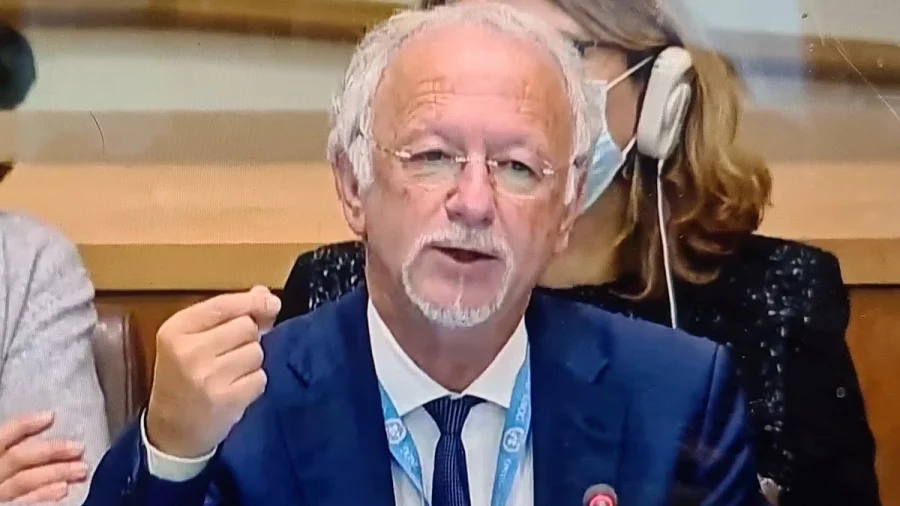The United Nations Special Rapporteur on Minority Issues, Fernand de Varennes, has said that there is a steady and alarming erosion of fundamental rights, particularly of religious and other minorities in India.
According to Kashmir Media Service, the UN Special Rapporteur during a hearing organized by the US Commission for International Religious Freedom (USCIRF) said the situation in India can be summarised in three words — ‘massive, systematic and dangerous’.
“India risks becoming one of the world’s main generators of instability, atrocities and violence because of the massive scale and gravity of the violations and abuses targeting mainly religious and other minorities such as Muslims, Christians, Sikhs and others. It is not just individual or local, it is systematic and a reflection of religious nationalism,” he said.
The USCIRF chair, Abraham Cooper, said Muslims, Sikhs, Christians, Dalits and Adivasis are experiencing ‘increased levels of attacks and acts of intimidation’ in India. He said the nationalist government led by Narendra Modi in India has continued to suppress minority voices and those advocating on their behalf through surveillance, harassment, demolition of property and detention under the Unlawful Activities (Prevention) Act. These trends and their implication for the US foreign policy should not be ignored, he said.
Abraham Cooper pointed out that for the past several years, religious freedom conditions in India have deteriorated, capturing international attention and highlighting the need for continued discussions and engagement on policy options for advancing religious freedom in the country.
The USCIRF is an independent, bipartisan US government advisory body created by the 1998 International Religious Freedom Act (IRFA). Its recommendations are not binding on the US government.
On May 2 this year, India rejected a report by the USCIRF that highlighted severe violations of religious freedom in the country.
It is to mention here that since 2020, the USCIRF has recommended that the US Department of State designate India as a Country of Particular Concern (CPC).—KMS










